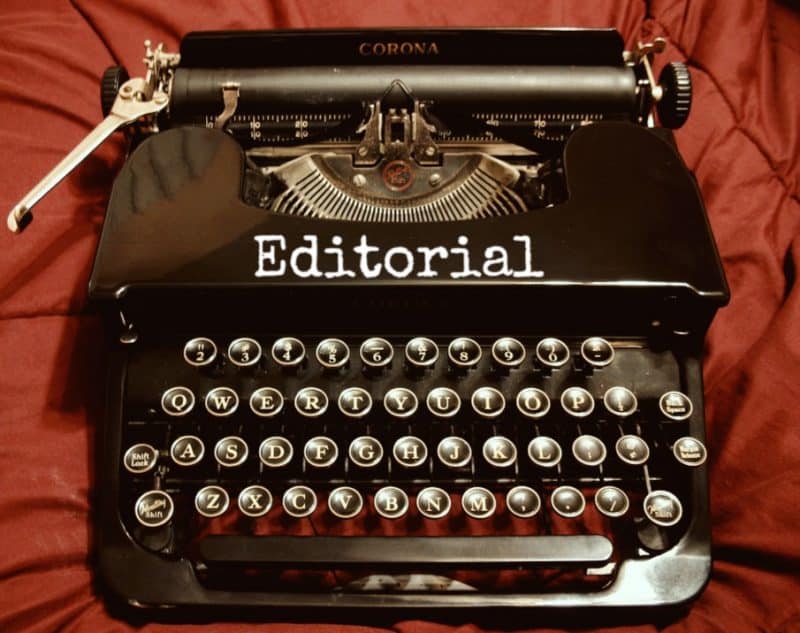One of the ten areas that the synod preparatory document proposes as key aspects of living as a synodal Church is titled “Dialogue in Church and Society”. Under that heading, one of the questions is, “What experiences of shared commitment do we have with believers of other religions and with non-believers?”
We are living in stressful times and many tempers are frayed. The need for scrutiny of Government moves is high, but the language of debate should not sink to a level that is very low.
A recent article by New Zealand journalist Miriam Bell on the website of the Australia/Israel and Jewish Affairs Council stated that moves around vaccination mandates in the public and private sectors have “been quickly followed by objectionable comparisons to the Holocaust . . . “.
The article cited examples of this behaviour in New Zealand, and quoted Holocaust Centre of NZ chair Deborah Hart saying that “protests using the yellow Star of David and the Holocaust are making a false equivalence that diminishes the enormity of what the Nazis did in the Holocaust”.
“In essence, no one is trying to systematically exterminate people who choose not to be vaccinated,” Ms Hart said.
“To compare the Holocaust and a government requiring vaccination if you want to do certain things, but leaving individuals the choice to decide, is grotesque, wrong and deeply hurtful to Holocaust survivors and their families, she said.
The article also cited NZ Jewish Council spokeswoman Juliet Moses saying that, if people want to criticise the Government or claim they are being persecuted or denied basic freedoms, they should do so without invoking the industrialised genocide of six million Jewish people, survivors of which are in our society today.
“Such ‘comparisons’ are historically illiterate and trivialise the Holocaust, which constitutes soft core Holocaust denial, as labelled by renowned Holocaust scholar Professor Deborah Lipstadt. Those who engage in this are not showing any sympathy for, or respect to, the victims of the Holocaust – quite the contrary,” she said.
“It is extremely disappointing that we have people in Aotearoa indulging this kind of behaviour, but it reflects what we have seen overseas,” she added.
During the pontificate of Pope Benedict XVI, there was a furore over his lifting the excommunication of SSPX Bishop Richard Williamson (alongside three other bishops), who had made remarks denying the Holocaust (remarks of which Benedict was reportedly unaware when he lifted the sanction).
In an audience with Jewish leaders shortly afterwards, Benedict made his position over the Holocaust very clear, saying that the Church is “profoundly and irrevocably committed to reject all anti-Semitism”.
“The hatred and contempt for men, women and children that was manifested in the Shoah was a crime against God and against humanity,” he said.
“It is beyond question that any denial or minimisation of this terrible crime is intolerable and altogether unacceptable,” he said.
The words of this German-born pope, who was alive when these atrocities took place, should resonate with Catholics and with all people of good will.
Catholics, including some in New Zealand, have used Holocaust-related analogies in describing the current state of society. Depth of feeling is understandable, but Holocaust analogies and comparisons must cease.
At the start of this millennium, St John Paul II apologised to Jews and others for the sins committed against them. The same year he placed a prayer in the Western Wall in Jerusalem. It read:
“We are deeply saddened by the behaviour of those who, in the course of history, have caused these children of yours to suffer, and asking your forgiveness we wish to commit ourselves to genuine brotherhood with the people of the Covenant.”
Popes have acknowledged the Church’s need for forgiveness from the Jewish people. Let us not add to the list of actions requiring apologies.

It’s been said that “disgust” rather that “dislike” is the major signal of fatal prejudice. What emotion do we feel against the unvaccinated?
Obviously, using the H-word is simplistic but that’s the age we live in – clickbait, 140 characters, tik tok, instagram, outrage, extremification, generalization, bandwagoning, scapegoating, virtue signaling, doxing, soundbites, selectively cropped photos, cancellation, and an overall lack of charity.
What did we see at 2nd Sunday Advent Mass? I saw divisive chaos at the doors; fear, dislike, disgust. A lot of “difficulty reaching out to the periphery” during these “difficult covid times”.
Soon we’ll be celebrating Christmas but we’re looking more like inn-keepers than wise men.